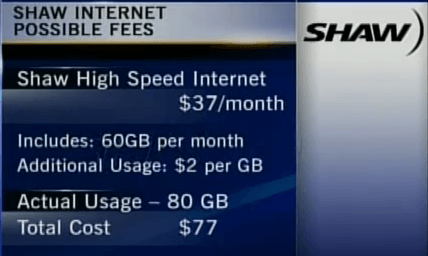Large Canadian telecommunications companies like Rogers, Telus, and Bell are loudly protesting a proposal to cap the maximum number of wireless licenses they can beg, borrow, or buy.
The proposal, from Wind Mobile and Quebecor Inc.’s Vidéotron Ltée, would tell some of Canada’s largest telecom companies they cannot buy up every available wireless license that becomes available in the future in an effort to lock out would-be competitors. Both companies fear that without such a license cap, the deep pockets of larger providers could sustain a wireless cartel to keep mobile competition at bay.
“Competition doesn’t just ‘happen’,” said Wind Mobile’s Anthony Lacavera. “True competition and the long term benefits of competition for Canadians will occur when, and if, our regulatory framework is improved, our access to foreign capital is unhindered and the playing field is leveled to the benefit of Canadians.”
Lacavera’s upstart Wind Mobile has faced incumbent provider-fueled scrutiny over claims of foreign ownership violations in an effort to keep Wind’s discount service out of Canada. In addition to fending off regulatory challenges, Lacavera is wary of Conservative Party policy towards wireless competition, which he suspects is too shallow and lacks important protections against further marketplace concentration.
The idea of a license limit met with predictable hostility from the three larger incumbents.
On Wednesday, Telus’ chief financial officer rejected the idea out of hand, telling the government they should not be giving advantages to discount carriers and foreign entities over Telus, which he said was more focused on “innovation.”
Rogers called a license cap “a slap in the face” to millions of their customers, and Bell pulled an AT&T — without allowing companies like Bell to have the chance to outbid everyone else, Canada will run the “risk of lagging” behind the United States, harm innovation, and deprive the government of much needed auction revenue.
Bell CEO George Cope also warned letting foreign companies into the Canadian market could leave rural Canada with older technology. At the risk of shooting down his own earlier argument, Cope specifically targeted his remarks at U.S. carriers, who presumably could be among Canada’s future wireless players. In Cope’s mind, U.S. providers like AT&T would treat Canada as an afterthought.
“If you really believe that if a U.S. carrier had owned Bell at the time we launched HSPA+ (an advanced iteration of 3G), do you really believe Prince Edward Island, that province, would have had HSPA+ before Chicago?” Cope asked. “You’ve got to be kidding me.”
Large incumbent carriers also accused the smaller competing upstarts of simply trying to boost their own value before they sell out. Telus and Rogers should know — they fought over buying that competition, like Microcell’s Fido, which Rogers eventually acquired in 2004.


 Subscribe
Subscribe










